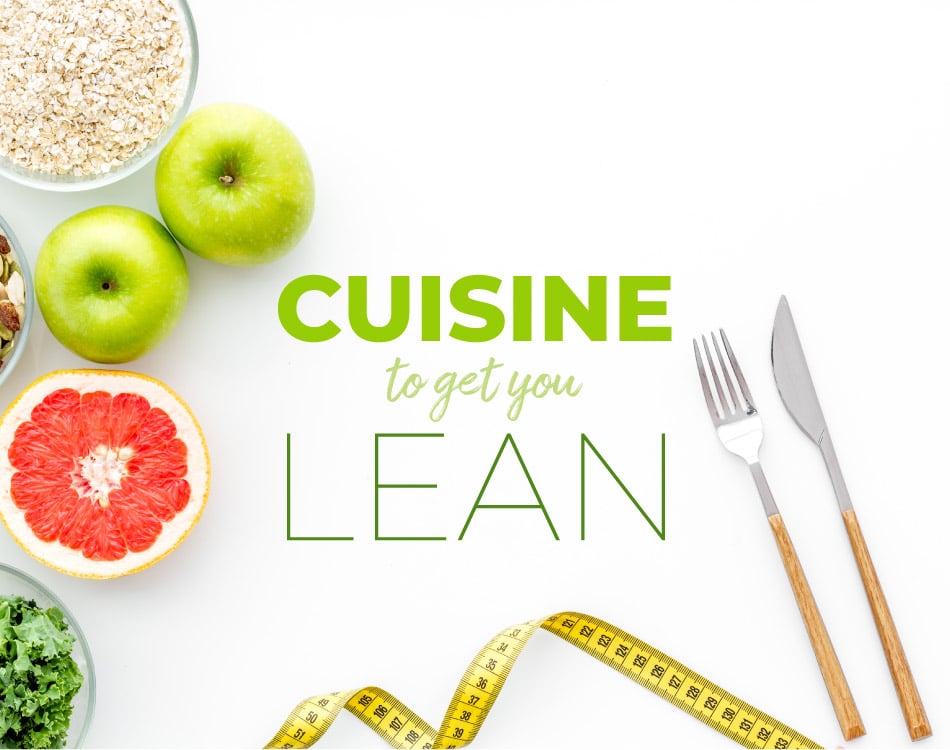What is the best diet to help you achieve a lean midsection? Well, a previous study may offer the best diet-related advice…
According to a study published in the International Journal of Epidemiology, the key to diet success is a personalised approach, not a catch-all diet that ignores the principle of individual difference.
That’s because everyone responds differently to the food they eat, both in terms of their food sources and how we combine macronutrients on our plates.
Ultimately, you need to find what works best for you and, as such, a generalised answer to your question won’t yield the results you’re after.
READ MORE | Get The Balance Right To Get The Most From Your Weight-Loss Efforts
Sound guidelines
However, a good general rule to follow is to cut back on refined and sugary foods, processed and simple carbohydrates (such as breads and pasta), fried foods and alcohol.
A sensible approach is to implement healthful, sustainable changes to your regular diet. This should include a balance of natural whole foods such as vegetables, lean proteins, healthy fats such as oily fish, nuts and avo, and some complex carbohydrates.
Once you have the composition of your diet right, you can start to manipulate the ratios of your macronutrients – the carbs, protein and fats – to find the combination that works best for your genetic make-up and your current metabolism (which is affected by hormones, body composition and activity levels, among other factors).
READ MORE | The Carb Compromise: Find The Right Balance To Achieve Your Goals
Diet manipulation
In general, most people will respond well at first to a lower carbohydrate intake or some form of carb manipulation like carb cycling.
This helps to restore insulin sensitivity, which would reduce the amount of excess energy you store as fat, and also helps to restore efficient fat metabolism, which suffers when we eat carbs in excess for extended periods.
Once you start to see changes to your body composition, you can gradually increase your carb intake. Stick mainly to complex sources at first and note the effects this has on your body, energy levels and general feeling of wellbeing.
You will also need to create a slight negative calorie balance of no more than 500 calories a day. The most sustainable way to achieve this is by reducing your food intake slightly and increasing your daily activity levels.
The foods you should consider avoiding include:
- High fructose corn syrup: This is the main ingredient in many processed foods. It is processed differently in the body compared to regular sugar, which places strain on the liver and may contribute to health issues such as fatty liver disease or metabolic syndrome.
- Baked goods: These contain refined sugar and flour. They spike blood sugar and are for anyone who is suffering from insulin resistance or is pre-diabetic or diabetic.
- Processed foods: These foodstuffs generally lack nutritional value, may contain manufactured fats, are typically high in sodium and contain excess calories.
- Sugary breakfast cereals: These are sources of refined grains and sugars and generally include higher sugar contents due to the flavouring systems used.
- Convenience and fast foods: These are generally laden with trans fats and other manufactured ingredients as these are the cheapest options. They greatly increase your chances of developing cardiovascular health issues and lifestyle conditions that cause obesity.
READ MORE | 6 Ways To Clean Up Your Lockdown Diet
Focus on food prep
It is also beneficial to take control over how you prepare and cook most, if not all, of your meals. This will give you more control over the ingredients you use, as well as the cooking methods employed to prepare your meals.
Cooking with olive oil on low or medium heat or coconut oil on high heat offers potential health benefits by reducing your intake of manufactured and/or denatured fats. Grill food as often as you can to reduce your fat intake.
Ultimately, though, consulting with a qualified dietitian or health and fitness professional, or taking a DNA test are the best methods to take the guesswork out of finding the most appropriate and effective dietary approach for you and your specific goals. It is also important to consult with your healthcare provider before making any significant changes to your lifestyle to screen for potential risk factors.
















